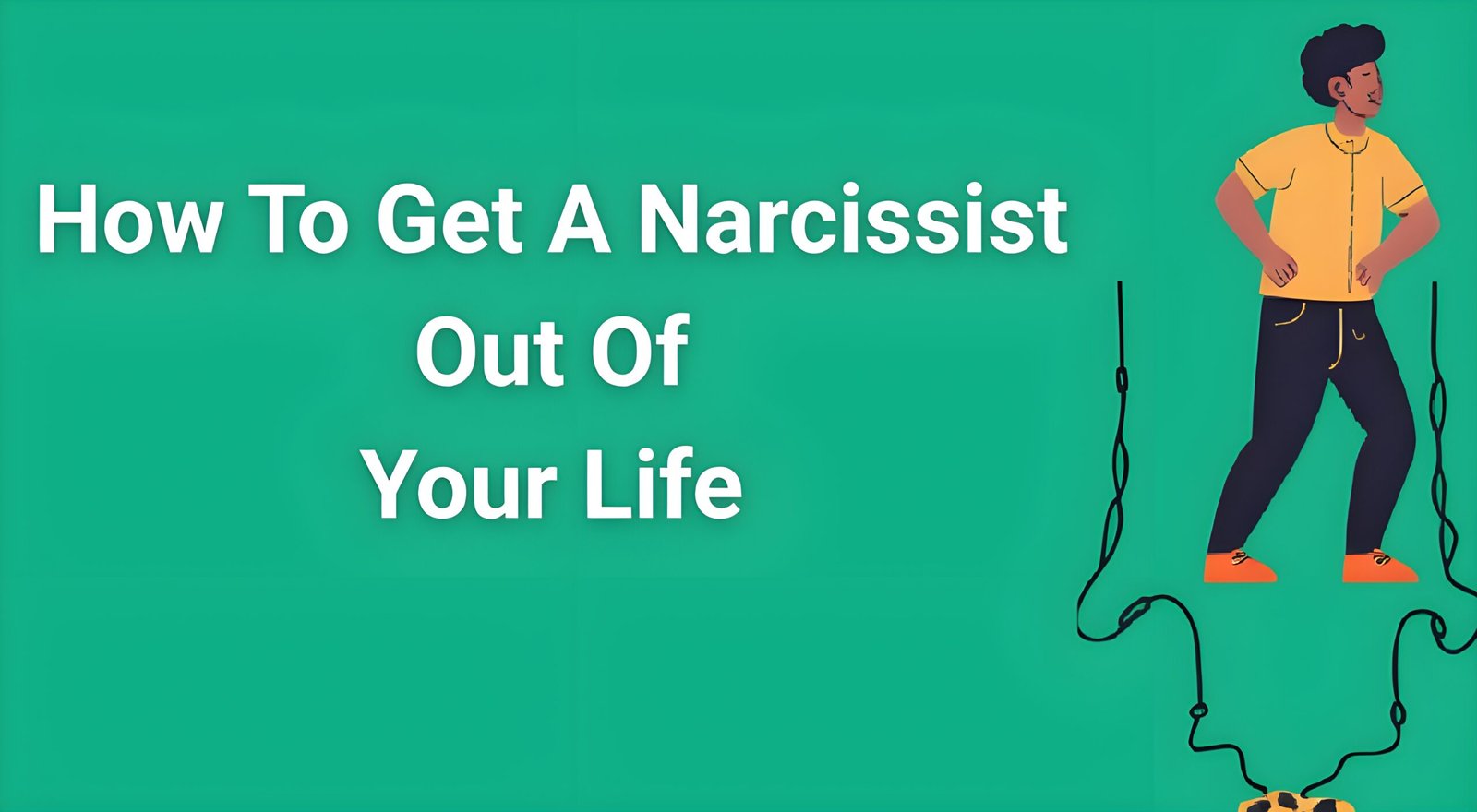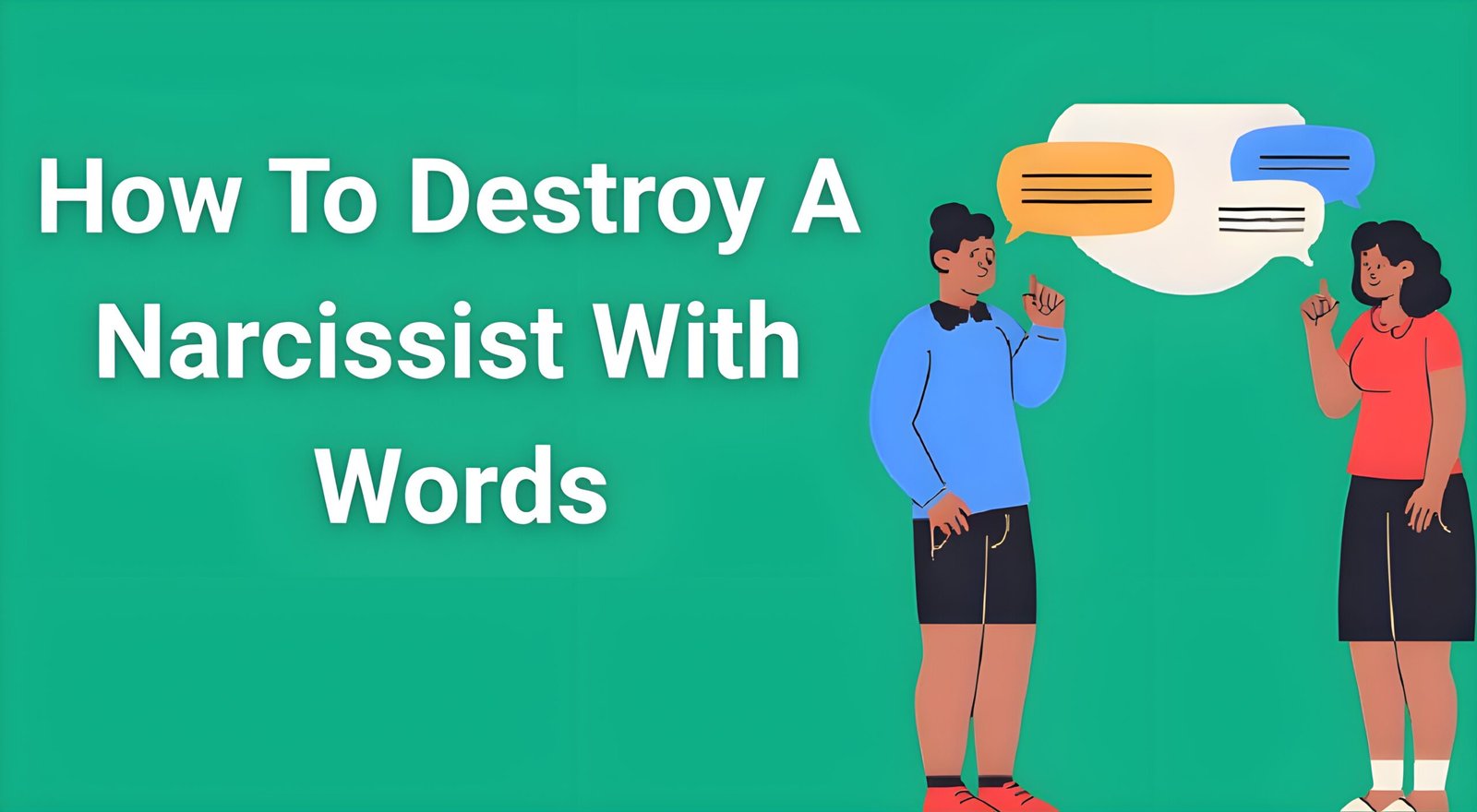Learning how to ignore a narcissist who tries to punish you can feel impossible when you’re trapped in their web of manipulation and control. If you’re reading this, chances are you’re exhausted from walking on eggshells, questioning your own reality, and desperately seeking relief from their cruel punishment tactics. The truth is, narcissistic punishment isn’t about what you did wrong – it’s about their insatiable need for power and control over your emotions, thoughts, and actions.
- Why Narcissists Use Punishment as a Control Mechanism
- The Psychological Impact of Narcissistic Punishment
- 7 Proven Ways to Ignore a Narcissist Who Tries to Punish You
- When You Can’t Completely Ignore Them
- The Science Behind Why Ignoring Works
- Professional Resources for Breaking Free
- Breaking the Cycle of Punishment and Reaction
- Frequently Asked Questions
- Conclusion: Reclaiming Your Power and Peace
When narcissists feel their authority is threatened or their fragile ego is bruised, they unleash calculated punishment designed to break your spirit and force you back into submission. These punishment tactics can include the silent treatment, emotional withdrawal, verbal attacks, threats, or even more severe forms of psychological abuse. Understanding how to effectively ignore these manipulative behaviors isn’t just about protecting your sanity – it’s about reclaiming your power and breaking free from their toxic control.
Why Narcissists Use Punishment as a Control Mechanism
Narcissistic individuals operate from a place of deep insecurity masked by grandiose behavior. When you don’t respond according to their script or fail to provide the narcissistic supply they crave, they perceive this as a direct threat to their false self-image. Punishment becomes their weapon of choice to restore the power dynamic in their favor.
The punishment isn’t random or emotional – it’s strategically calculated to trigger your deepest fears and insecurities. Narcissists are skilled at identifying your emotional triggers during the love-bombing phase, then weaponizing this knowledge against you when they need to regain control. They know exactly which buttons to push to make you feel guilty, ashamed, or desperate for their approval.
This toxic cycle creates trauma bonding, a psychological phenomenon where you become biochemically addicted to the intermittent reinforcement of their approval. Your brain literally craves their validation, making it feel impossible to simply walk away or ignore their behavior. This isn’t a weakness on your part – it’s a normal neurological response to psychological manipulation.
The Psychological Impact of Narcissistic Punishment
Before diving into strategies for how to ignore a narcissist who tries to punish you, it’s crucial to understand the profound psychological impact of their behavior. Narcissistic punishment often includes gaslighting tactics that make you question your own memories, perceptions, and sanity. You might find yourself constantly apologizing for things that aren’t your fault or desperately trying to figure out what you did wrong.
This psychological warfare creates a state of hypervigilance where you’re constantly scanning for signs of their mood changes, trying to anticipate their needs, and modifying your behavior to avoid triggering another punishment episode. Over time, this chronic stress can lead to anxiety, depression, complex PTSD, and a complete erosion of your sense of self.
The isolation that often accompanies narcissistic punishment makes the situation even more devastating. They systematically turn friends and family against you, leaving you feeling like you have nowhere to turn for support or validation. This isolation is intentional – it makes you more dependent on them for emotional connection, even when that connection is toxic.
7 Proven Ways to Ignore a Narcissist Who Tries to Punish You
1. Master the Art of Emotional Detachment
The most powerful way to ignore narcissistic punishment is to emotionally detach from their behavior. This doesn’t mean becoming cold or unfeeling – it means recognizing that their punishment has nothing to do with you and everything to do with their own psychological dysfunction.
When they launch into punishment mode, visualize yourself surrounded by an invisible protective shield. Their words and actions bounce off this shield without penetrating your emotional core. Practice internal self-talk like “This is their illness speaking, not reality” or “I refuse to absorb their toxic energy.”
Emotional detachment requires consistent practice, especially when they escalate their punishment tactics to try to break through your defenses. Remember that their increased aggression when you don’t react is actually proof that your strategy is working – they’re losing control, and they know it.
2. Implement the Gray Rock Method
The Gray Rock Method involves making yourself as boring and unresponsive as possible when interacting with the narcissist. When they try to punish you, respond with minimal emotion and basic, factual statements. Avoid sharing personal information, opinions, or feelings that they could use as ammunition for future punishment.
Your responses should be brief, monotone, and purely functional. For example, instead of defending yourself against their accusations, simply say “I understand that’s how you see it” or “Okay.” This approach starves them of the emotional reaction they’re seeking while protecting your energy and mental resources.
The key to successful gray rocking is consistency. Don’t slip back into emotional engagement, even when they escalate their behavior to try to provoke a reaction. They may temporarily intensify their punishment tactics when they realize their usual methods aren’t working, but persistence will eventually lead them to seek narcissistic supply elsewhere.
3. Establish and Maintain Ironclad Boundaries
Learning how to ignore a narcissist who tries to punish you requires setting clear, non-negotiable boundaries about acceptable behavior. These boundaries aren’t suggestions or requests – they’re firm limits that you enforce regardless of their reaction.
Document their punishment behaviors and your responses in a journal. This creates a paper trail that helps you maintain clarity about the situation and provides evidence if legal intervention becomes necessary. More importantly, it helps combat gaslighting by providing concrete proof of their behavior patterns.
Communicate your boundaries clearly and calmly: “I will not engage in conversations where you’re yelling at me. If you continue, I will leave the room.” Then follow through immediately without explanation or negotiation. Consistency is crucial – any wavering will teach them that persistence pays off.
4. Refuse to Engage in Their Drama Triangle
Narcissists thrive on drama and will attempt to pull you into various roles within their psychological drama triangle – victim, persecutor, or rescuer. When they’re punishing you, they position themselves as the victim of your supposed wrongdoing while casting you as the persecutor who deserves punishment.
Refuse to play any role in this toxic dynamic. Don’t attempt to rescue them from their emotional distress, don’t accept their portrayal of you as the villain, and don’t try to prove your innocence or worth. Simply step outside the entire framework and refuse to participate.
This might feel uncomfortable initially, especially if you’re naturally empathetic or have been conditioned to take responsibility for their emotions. However, recognizing that you cannot fix, change, or help someone who is actively trying to harm you psychologically is a crucial step in breaking free from their control.
5. Focus on Internal Healing and Self-Validation
While learning how to ignore a narcissist who tries to punish you, it’s essential to simultaneously work on healing the internal wounds that make you vulnerable to their manipulation. Narcissists are attracted to people with unresolved trauma, low self-esteem, or strong empathetic qualities that can be exploited.
Develop a daily practice of self-validation and positive self-talk. When they try to punish you by withholding affection or giving you the silent treatment, remind yourself that your worth isn’t determined by their approval or attention. Your value as a human being exists independently of their validation.
Consider working with a trauma-informed therapist who understands narcissistic abuse patterns. Professional support can help you process the complex emotions that arise when you start setting boundaries and can provide additional tools for maintaining your emotional equilibrium during this challenging process.
6. Create Strategic Support Networks
Ignoring narcissistic punishment becomes much easier when you have a strong support system that understands what you’re experiencing. Narcissists often isolate their victims by turning friends and family against them or by convincing their victims that no one else would understand or care about their situation.
Actively work to rebuild connections with trusted friends and family members. Be honest about what you’re experiencing, but be selective about who you confide in. Some people may minimize your experience or offer unhelpful advice like “just leave” without understanding the complex psychological dynamics involved.
Consider joining support groups for narcissistic abuse survivors, either online or in person. Connecting with others who have experienced similar situations can provide validation, practical advice, and the reminder that you’re not alone in this struggle.
7. Develop Exit Strategies and Safety Plans
The ultimate goal of learning how to ignore a narcissist who tries to punish you is often to create enough emotional and psychological distance to safely exit the relationship. This process requires careful planning, especially if you share children, finances, or living arrangements with the narcissist.
Start by documenting their abusive behavior and gathering important documents like identification, financial records, and legal papers. Store these items safely outside of your shared living space if possible. Create a support network of people who can provide temporary housing or assistance if you need to leave quickly.
If you’re not ready to leave immediately, focus on building your emotional and financial independence while continuing to practice the ignoring strategies. Remember that healing is a process, and it’s okay to take time to build the strength and resources needed for a complete break from their influence.
When You Can’t Completely Ignore Them
Sometimes circumstances make it impossible to completely ignore a narcissist who tries to punish you. You might share children, work in the same environment, or have family connections that require some level of interaction. In these situations, modified strategies can help minimize their impact on your emotional well-being.
Limit interactions to essential communications only. Use written communication when possible to create a record and reduce opportunities for manipulation or gaslighting. Keep conversations focused strictly on necessary topics and avoid sharing personal information that could be used against you later.
If you must have in-person interactions, bring a witness when possible or meet in public places where their behavior is naturally constrained. Remember that you don’t owe them explanations for your boundaries or your choices – simple acknowledgment without engagement is sufficient.
For those who can’t immediately leave toxic situations, having a structured plan for emotional survival becomes crucial. This might include daily self-care practices, regular check-ins with supportive friends, and professional counseling to help process the ongoing stress.
The Science Behind Why Ignoring Works
Understanding the neurological basis of why ignoring works can help you stay committed to this strategy when it feels difficult. Narcissists operate on what’s called narcissistic supply – they need constant validation, attention, and emotional reactions from others to maintain their fragile sense of self.
When you stop providing this supply through your emotional reactions to their punishment, you’re essentially cutting off their psychological oxygen. This forces them to either escalate their behavior temporarily (called an extinction burst) or seek supply elsewhere. Either outcome moves you closer to freedom from their manipulation.
The trauma bonding that keeps you psychologically attached to the narcissist also begins to weaken when you consistently refuse to engage with their punishment tactics. Your brain starts to form new neural pathways that don’t involve seeking their approval or fearing their disapproval.
This rewiring process takes time and patience with yourself. Some days will be harder than others, and you may occasionally slip back into old patterns of reaction. This is normal and doesn’t mean you’re failing – it’s simply part of the healing process.
Professional Resources for Breaking Free
If you’re struggling with how to ignore a narcissist who tries to punish you, professional support can provide personalized strategies and emotional guidance tailored to your specific situation. A qualified narcissistic abuse specialist can help you understand the unique dynamics in your relationship and develop a comprehensive plan for protection and healing.
Many survivors find that having an expert analysis of their situation provides the clarity and validation needed to maintain boundaries and resist manipulation. Professional assessment can help you understand exactly what type of narcissistic behavior you’re dealing with and predict likely escalation patterns, allowing you to prepare appropriate responses.
For those experiencing the psychological addiction aspect of trauma bonding, specialized recovery programs can provide structured, science-based approaches to breaking free from the neurological patterns that keep you attached to toxic relationships. These programs recognize that willpower alone isn’t sufficient to overcome biochemical addiction to intermittent reinforcement.
Breaking the Cycle of Punishment and Reaction
The cycle of narcissistic punishment followed by your emotional reaction is a carefully orchestrated dance that serves their psychological needs while depleting your emotional resources. Breaking this cycle requires conscious effort and often feels unnatural initially, especially if you’re naturally empathetic or conflict-avoidant.
Start by recognizing the early warning signs of an impending punishment episode. These might include sudden mood changes, criticism disguised as “concern,” or provocative statements designed to trigger your defenses. When you recognize these patterns, you can mentally prepare to respond with detachment rather than emotion.
Practice your responses ahead of time so they become automatic. Write down phrases you can use when they attempt to punish you, such as “I can see you’re upset” or “I’ll give you some space to work through this.” Having prepared responses prevents you from getting caught off-guard and reacting emotionally in the moment.
Remember that their escalation when you don’t react as expected is temporary. They’re testing your boundaries to see if you’ll return to the old pattern of emotional engagement. Staying consistent during these testing periods is crucial for long-term success.
Frequently Asked Questions
Q: Will ignoring a narcissist make them more angry and violent?
A: While narcissists may temporarily escalate their behavior when their usual tactics stop working, consistently ignoring their punishment attempts typically leads them to seek easier targets for narcissistic supply. However, if you fear physical violence, prioritize your safety and consult with domestic violence professionals about creating a safety plan.
Q: How long does it take for a narcissist to stop trying to punish me if I ignore them?
A: The timeline varies depending on factors like the length of your relationship, the severity of their narcissistic traits, and how consistently you maintain boundaries. Some people see results within weeks, while others may need months of consistent boundary maintenance before the narcissist reduces their attempts at punishment.
Q: Is it possible to have a normal relationship with a narcissist if I just ignore their punishment?
A: Narcissistic personality patterns are deeply ingrained and rarely change, even with professional treatment. While ignoring punishment tactics may reduce conflict temporarily, it doesn’t address the underlying dysfunction. Most mental health professionals recommend focusing on your own healing rather than trying to maintain relationships with actively abusive individuals.
Q: What if ignoring them makes me feel guilty or like I’m being cruel?
A: Feelings of guilt are common, especially if you’re naturally empathetic or have been conditioned to prioritize their needs over your own well-being. Remember that protecting yourself from psychological abuse isn’t cruel – it’s necessary self-preservation. The guilt often diminishes as you heal and recognize the extent of the manipulation you’ve endured.
Q: Should I explain to them why I’m ignoring their punishment behavior?
A: Explaining your boundaries once clearly and calmly is appropriate, but repeatedly explaining or justifying your actions often becomes another form of engagement that feeds their need for attention. After setting clear boundaries, focus on consistent action rather than continued discussion.
Conclusion: Reclaiming Your Power and Peace
Learning how to ignore a narcissist who tries to punish you is ultimately about reclaiming your personal power and protecting your mental health from ongoing psychological abuse. This process requires patience, consistency, and often professional support, but the freedom and peace that result from breaking free from their control are immeasurable.
Remember that healing from narcissistic abuse is a journey, not a destination. Some days will be easier than others, and setbacks are a normal part of the recovery process. What matters most is your commitment to protecting your well-being and refusing to allow their dysfunction to continue controlling your emotional state.
The strategies outlined in this guide – emotional detachment, gray rock method, firm boundaries, avoiding drama triangles, internal healing, building support networks, and creating safety plans – work together to create a comprehensive approach to freedom from narcissistic punishment. Consistency in applying these methods will gradually weaken their power over you and strengthen your own sense of self-worth and autonomy.
Your life has value beyond their approval or disapproval. You deserve relationships built on mutual respect, genuine care, and healthy boundaries. By learning to ignore their punishment tactics, you’re taking the first crucial step toward creating the peaceful, authentic life you deserve – one where your worth isn’t determined by someone else’s manipulation and control.






